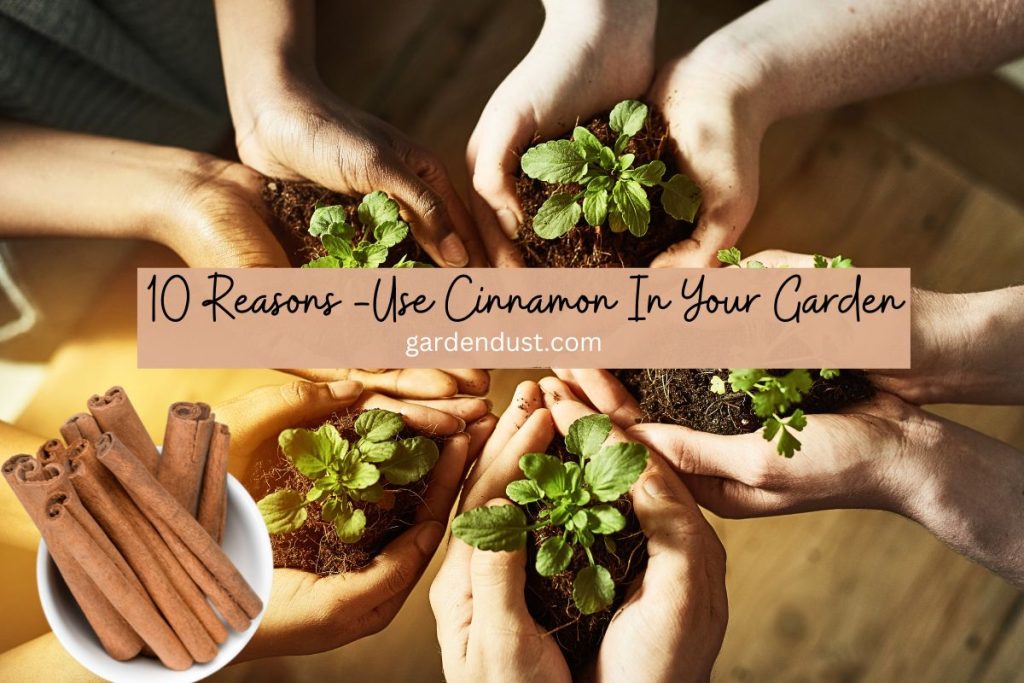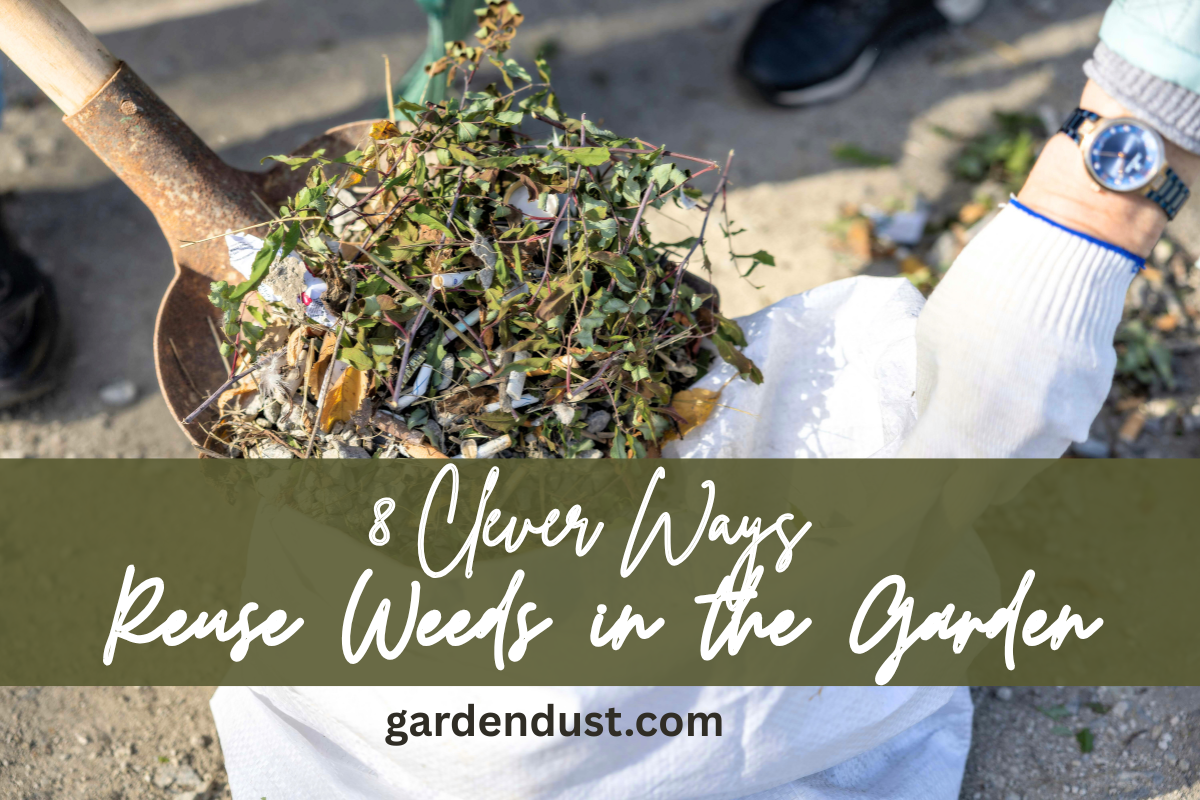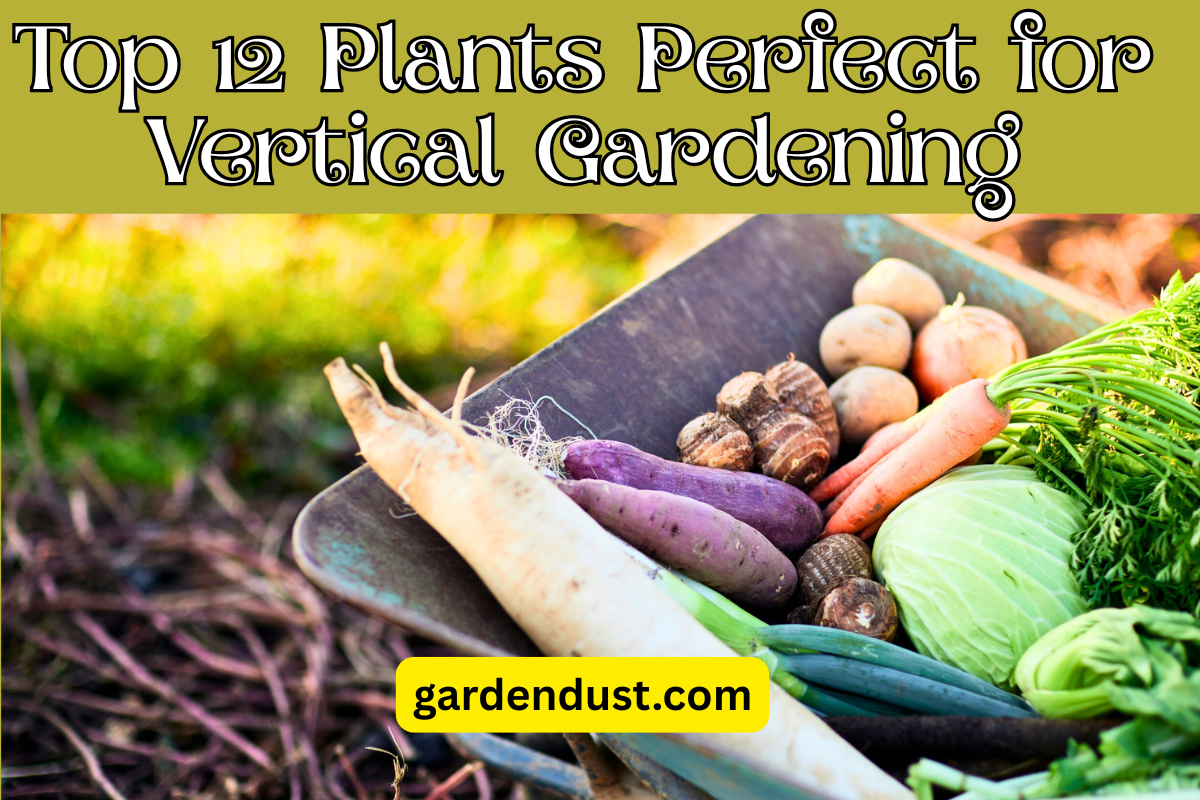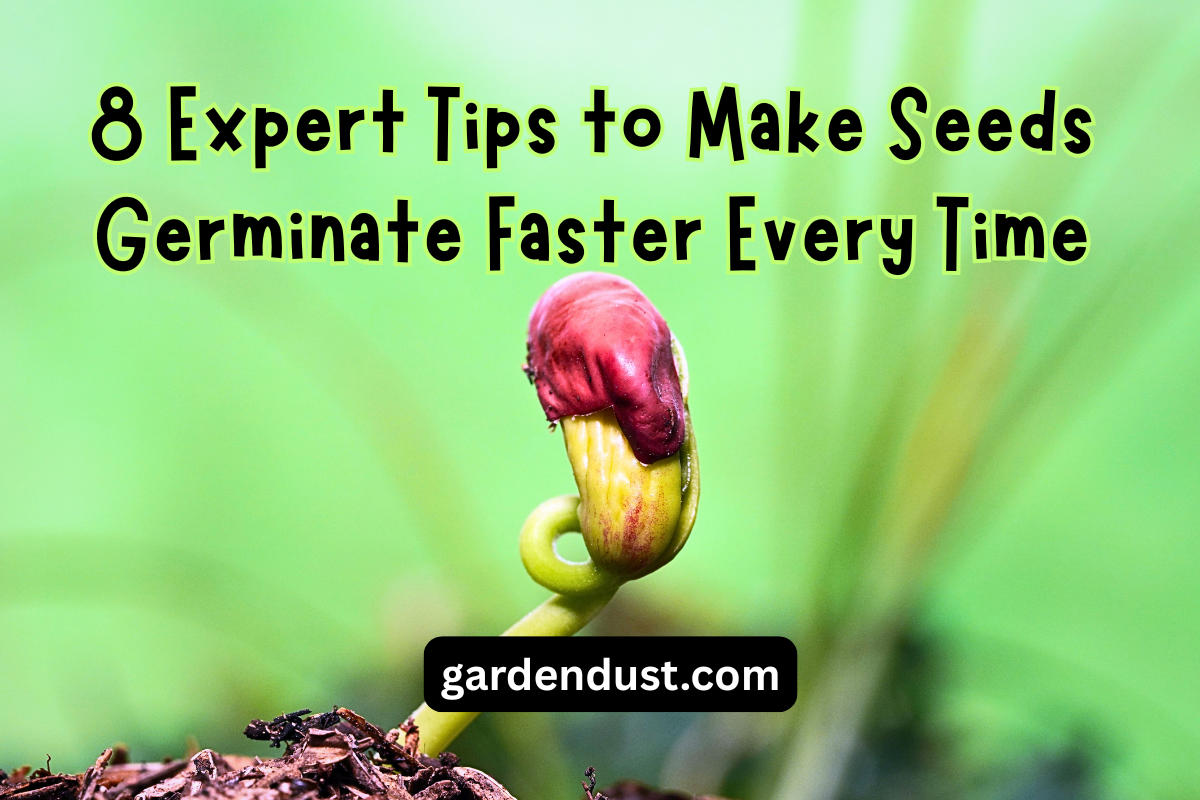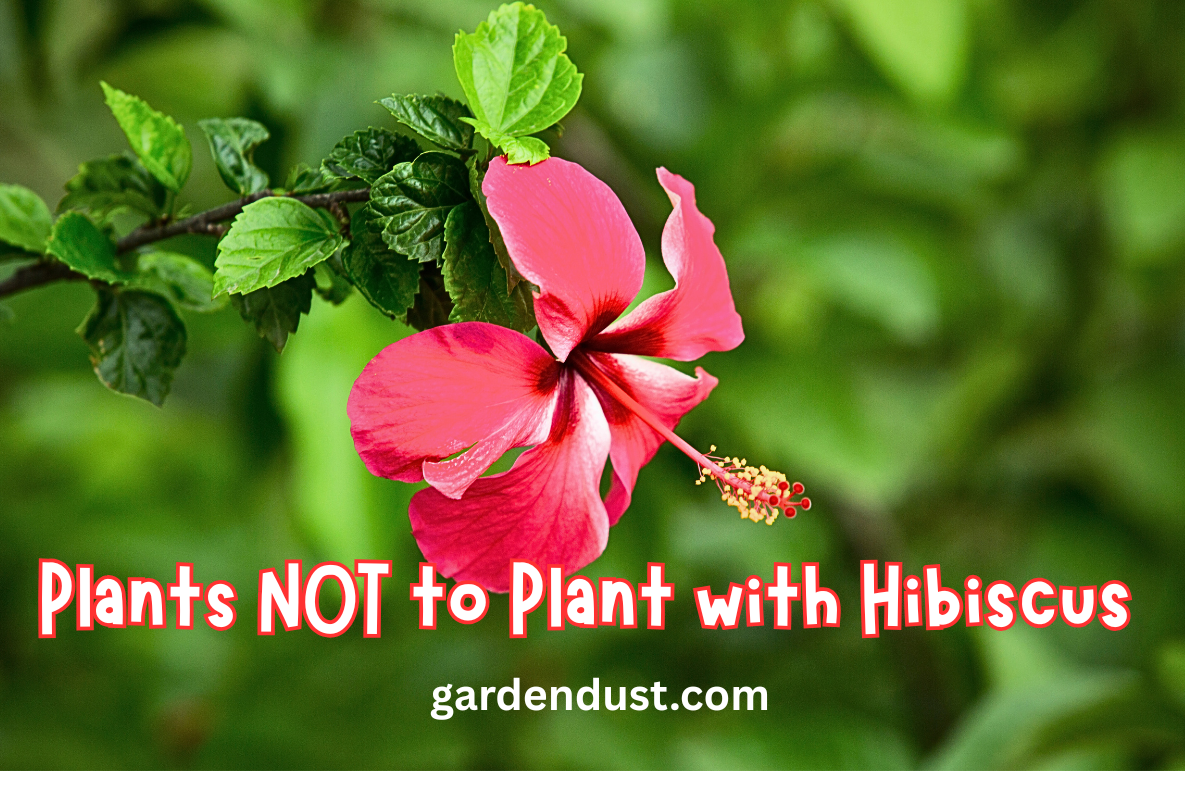Gardening enthusiasts often seek natural remedies and organic solutions to enhance the health and vitality of their plants. One such underrated gem that can work wonders in your garden is cinnamon. Beyond its culinary uses and aromatic appeal, cinnamon holds several benefits for your garden’s well-being. In this article, we’ll explore ten detailed 10 Reason -Use Cinnamon In Your Garden practices can lead to flourishing plants and a thriving outdoor space. Let’s begin…
1.Antifungal Properties:
Cinnamon is renowned for its potent antifungal properties, making it an invaluable asset in the prevention and treatment of various plant diseases. The spice contains compounds such as cinnamaldehyde and eugenol, which exhibit antifungal activities. By sprinkling cinnamon on the soil or directly onto plants, you create a protective barrier against harmful fungi, reducing the risk of root rot and other fungal infections.
2.Natural Insect Repellent:
The aromatic qualities of cinnamon serve as a natural deterrent for insects and pests. Gardeners can use cinnamon to ward off unwanted visitors without resorting to chemical-laden pesticides. Create a barrier around vulnerable plants or sprinkle cinnamon on the leaves to discourage pests like ants, aphids, and mosquitoes. This eco-friendly approach not only protects your garden but also promotes a healthier environment for beneficial insects.
3.Promoting Root Development:
Cinnamon’s root-stimulating properties make it a valuable aid in fostering robust root systems. When applied to cuttings or transplants, cinnamon encourages the development of roots by promoting the activity of rooting hormones. This is particularly beneficial for propagating new plants or helping existing ones establish strong, healthy root networks, ultimately enhancing their ability to absorb nutrients and water.
4.Seed Germination Aid:
Gardeners often face challenges with seed germination, but cinnamon can be a game-changer in this aspect. By dusting seeds with a fine layer of cinnamon before planting, you create a protective barrier against fungal infections that may impede germination. Additionally, cinnamon’s natural antimicrobial properties contribute to a healthier germination process, ensuring a higher success rate for your seeds.
5.Soil Enrichment and Nutrient Boost:
Cinnamon is not just a spice; it’s also a source of essential nutrients for plants. When incorporated into the soil, cinnamon contributes valuable organic matter, improving soil structure and nutrient content. This can enhance the overall fertility of the soil, leading to healthier plant growth. Furthermore, cinnamon acts as a natural fungicide in the soil, protecting plants from soil-borne diseases and ensuring a more favorable environment for root development.
6.Balancing pH Levels:
Maintaining optimal pH levels is crucial for the health and productivity of your garden. Cinnamon can play a role in balancing soil pH, creating a more favorable environment for a variety of plants. While it’s not a substitute for comprehensive soil management, the moderate acidic nature of cinnamon can help counteract overly alkaline conditions, making it a useful tool for gardeners seeking to create the right soil environment for their plants.
READ ALSO:-10 Uses Of Baking Soda In Your Garden
7.Wound Healing for Plants:
Just as cinnamon possesses healing properties for humans, it can also aid in the recovery of wounded or damaged plants. When applied to cuts or wounds on plant stems, cinnamon acts as a natural sealant, preventing pathogens from entering and causing further harm. This protective layer promotes faster healing and reduces the risk of infections, allowing your plants to recover more efficiently from pruning or accidental damage.
8.Deterrent for Feline Friends:
If your garden is frequented by neighborhood cats, cinnamon can serve as a humane deterrent to keep them at bay. Cats often dislike the scent of cinnamon, and spreading it around your garden beds or on specific plants can discourage them from using your garden as their personal litter box. This method provides a non-toxic alternative to chemical repellents, ensuring the safety of both your plants and the local feline population.
9.Enhancing Aroma in the Garden:
Beyond its functional benefits, cinnamon adds a delightful fragrance to your garden. Planting cinnamon-scented plants or incorporating cinnamon sticks into your garden decor can create a sensory experience for you and your visitors. The aromatic appeal of cinnamon can contribute to a more enjoyable outdoor space, turning your garden into a retreat for relaxation and sensory pleasure.
10.Encouraging Beneficial Microorganisms:
Cinnamon’s antimicrobial properties extend beyond protection against harmful pathogens; they can also foster the growth of beneficial microorganisms in the soil. By creating a balanced microbial environment, cinnamon contributes to the overall health of the soil ecosystem, promoting nutrient cycling and creating conditions that support plant growth. This natural approach aligns with sustainable gardening practices, emphasizing harmony between plants and their surrounding environment.
Incorporating cinnamon into your garden practices can prove to be a transformative step toward a healthier, more vibrant outdoor space. From its antifungal and insect-repelling qualities to its role in promoting root development and enhancing soil fertility, cinnamon offers a multitude of benefits for plants and gardeners alike. By embracing this versatile spice, you not only nurture your garden but also contribute to a more sustainable and eco-friendly approach to horticulture. So, the next time you reach for cinnamon in your kitchen, consider sharing its goodness with your garden as well. Happy Gardening…

